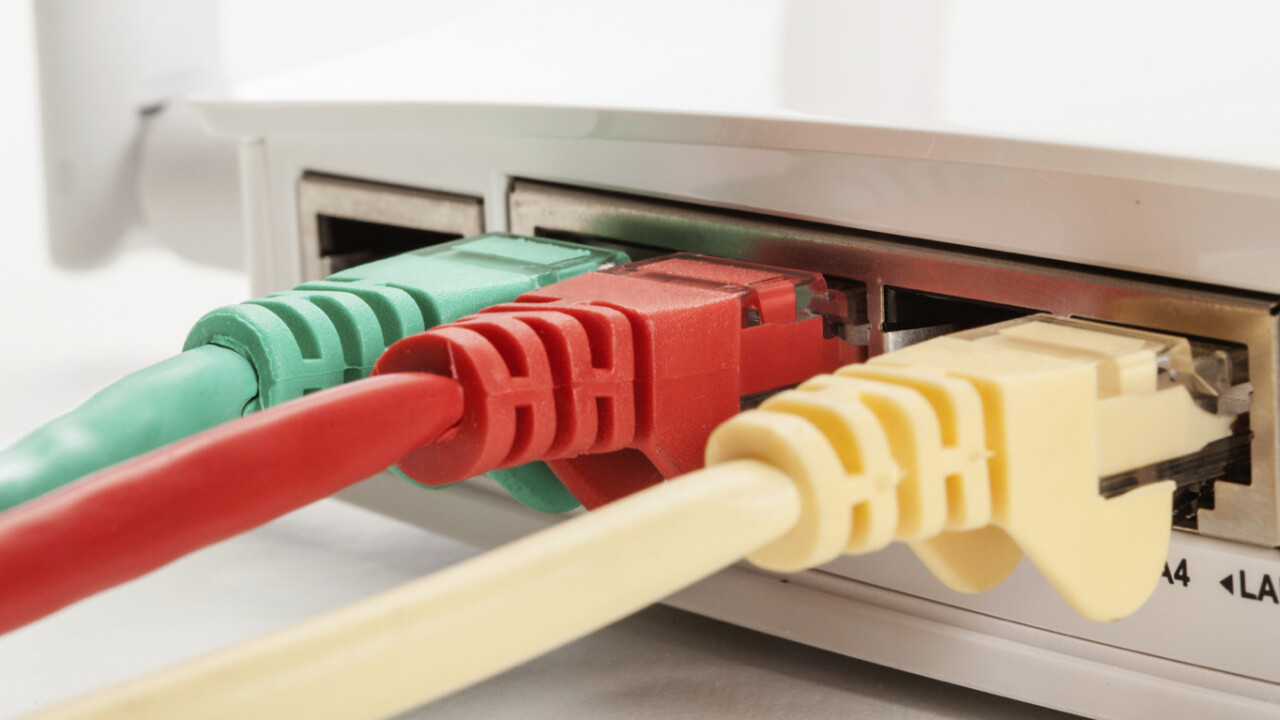
The UK is in the middle of a sun-drenched heatwave and a royal baby is about to be born, but let’s not let that overshadow the worrying proposals being announced by prime minister David Cameron.
We knew there were government plans for ISPs to make online pornography ‘opt-in’, but now they’re being fully outlined. Details of what Cameron will announce have been released to the press, and the Guardian and the BBC both have good outlines of the plans.
On a very simplistic level, it’s a genius political move: impress parents with your ‘family safety’ rhetoric and win votes; surely anyone who disagrees with it HATES CHILDREN BEING SAFE, right? Stop and think about it for five minutes and the proposals start to fall apart through sheer lack of foresight and understanding of how the Internet works.
Here are five reasons why these proposals need scrapping.
1. They won’t stop people accessing images of child abuse
The idea that people who want to see such things find them using mainstream search engines is at best naive and at worst dangerously misleading.
For an excellent takedown of plans to force the likes of Google and Bing to block such images (and the notion that it’s easy to find such images by these means anyway) read Mic Wright’s piece on the Telegraph website.
2. They stigmatize legal behavior
There’s an air of Mr Mackey, the school counsellor in South Park, about the idea that porn is bad and people should be protected from it (“porn is bad, m’kay”). Lots of porn is legal, and viewing it is legal too. Just because people don’t talk about doing so doesn’t make watching it wrong.
UK government creating a national register of adults who enjoy legal pornography.
— Ben Hammersley (@benhammersley) July 22, 2013
Who wants to be on a list of porn-watchers? Okay, I suspect that Ben Hammersley had his tongue in cheek here. This isn’t actually a ‘national register’ – separate lists will likely be held by individual ISPs – and hey, your ISP already knows if you look at porn. Still, it’s applying additional social pressure against a legitimate activity and a legitimate sector of the economy.
3. They absolve parents of responsibility
Sure, there are lots of things online that children shouldn’t be exposed to, but putting the idea in parents’ heads that the ISP has it all sorted for them is dangerous. “Oh, I can just leave little Susie and Jacob playing with that iPad unattended for hours on end .”
There are plenty of non-porn images and ideas that parents won’t want their kids stumbling upon, from extreme political views to pictures of gory scientific experiments and beyond. Parents should be on hand to guide their kids through the world of the Internet, not lulled into a false sense of security by a government-mandated porn block. Which brings us to our next point…
4. A ‘safe’ list of websites is a dangerous precedent
Sure, blocking a set of websites or keywords deemed ‘unsafe for kids’ may seem innocuous enough, but once you have a ‘banned by default’ list, it’s a slippery slope.
What else on the fringes of mainstream society might slip in there in the future on the pretext that it’s ‘dangerous’? There is going to have to be public scrutiny of what is and isn’t blocked or all sorts of things may start to slip in there.
5. Filters can be faulty
This post you’re reading right now isn’t pornographic, but it’s probably been blocked by lots of filters in libraries, cafés and workplaces, simply for using certain keywords. It’s almost enough to put people off criticizing these government plans for fear of losing traffic.
Cameron’s future: what I see in this café when I click a link to the Guardian coverage of his pr0n war: pic.twitter.com/IMtX72CEqO
— Nick Harkaway (@Harkaway) July 22, 2013
@qwghlm @jimkillock Using library wifi, tried to read ORG’s statement on Cameron anti-child porn plan. Got this. pic.twitter.com/ldJCr5Kaq9 — Mr Anderson (@kevglobal) July 21, 2013
If these proposals go into action, you might have to tell your ISP you want to see porn in order to read this article. Me? I’m with Rachel Clarke on this:
if they mandate a default setting of censorship on the internet, will be opting out on principle.
— Rachel Clarke (@rachelclarke) July 22, 2013
Image credit: Thinkstock
Get the TNW newsletter
Get the most important tech news in your inbox each week.





